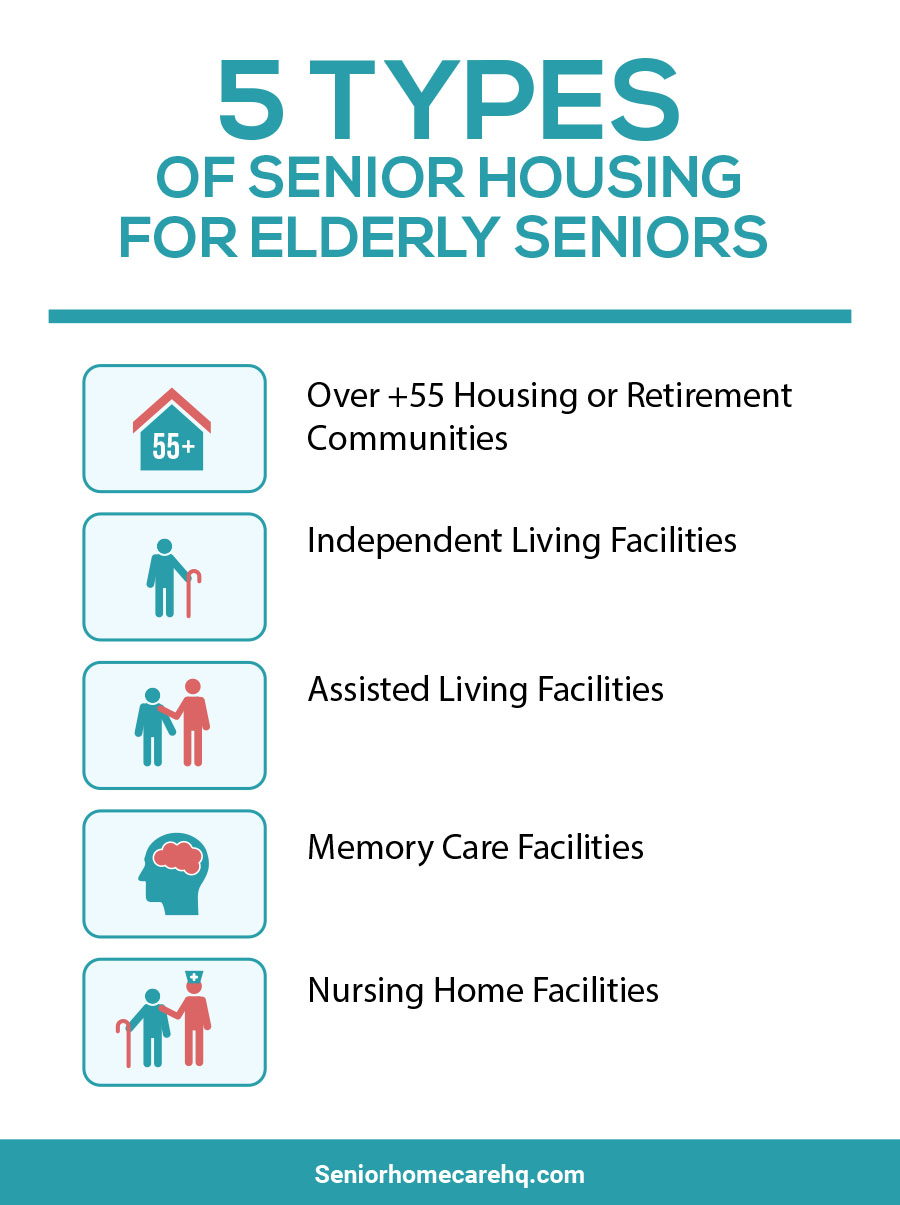
Look out for signs that show respect, dignity, compassion, and compassion while in dementia care. These are key to building relationships. People with dementia also benefit from sense stimulation. According to a recent study, people with dementia feel less anxious and suffer from lower levels of pain. Here are some ways to find the right caregiver for your loved one. Hire a care company if your caregiver is not available.
Communication is essential for relationship-building in care services for dementia
Building relationships requires understanding. Understanding is key to building a relationship. With effective communication caregivers can overcome the barrier and create a therapeutic setting. Inclusion is a conversation with the care receiver that encourages them to maintain a sense of self and identity. In this way, caregivers can help people with dementia stay socially active and decrease their isolation.

The standards for dementia treatment recognize the importance and value of person-centred care. This care must respect the individual's rights and values. By promoting autonomy and choice, physiotherapists can advocate for the patient's rights. Building relationships requires communication. In a person-centred setting, partnerships are essential for relationship-building and preventing stigmatisation. Partnering with physiotherapists is crucial to ensure that the care given is appropriate for dementia sufferers.
Look out for signs of respect and dignity.
Caring for someone with dementia is difficult. Being a caregiver can be tempting to put too much emphasis on your loved one's needs, which could lead to insensitivity. Intentionful caregiving can preserve dignity and respect. The following are three characteristics you should look out for when choosing a care service. These traits should be looked for in a care agency you are considering hiring for your loved-one with dementia.
Dementia patients can benefit from sense stimulation
It is easy to take our senses as a given, but dementia can result in the loss of certain senses. Dementia affects the entire brain, including our senses, of sound, sight, and touch. As our memory, thinking and senses deteriorate so do our senses. Engaging our patients in activities that stimulate their senses can help us provide meaningful interaction and increase the patient's quality-of-life. Here are some ideas for sensory stimulation.

Aromatherapy is one sensory activity that can help improve quality of life for those with dementia. The use of aromatherapy, which uses the sense of smell, can bring back memories from decades ago. It can be added directly to bath water or given to a person as a scent. Offering a favorite food or scent is another sensory activity. Aromatherapy, for instance, can bring back fond memories from many decades ago. It is possible that a loved person will recall the smell of a holiday. A patient with dementia might remember the aroma of their favorite food.